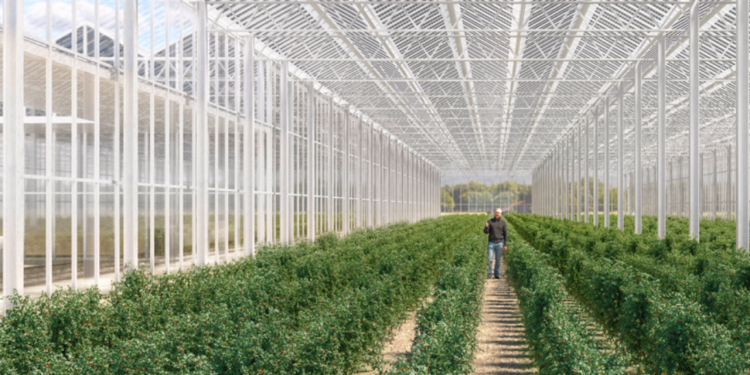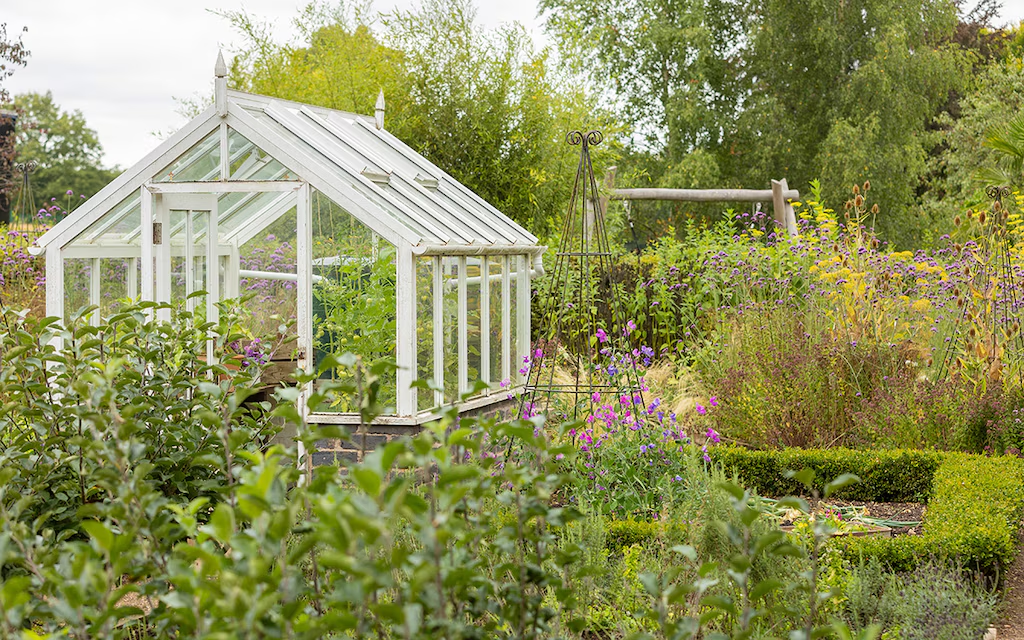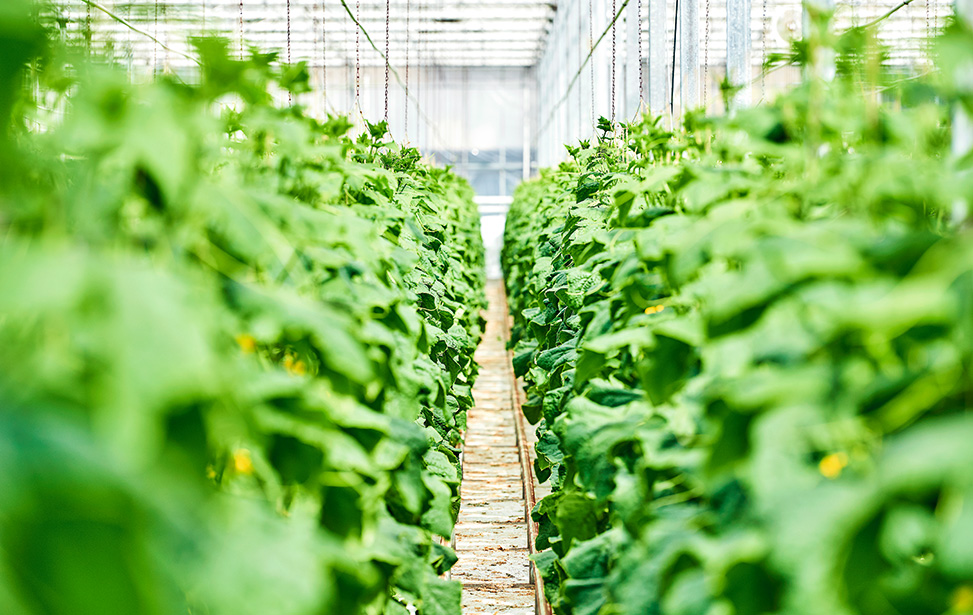#Agriculture #SustainableFarming #SolarTechnology #InnovationInAgriculture #GreenhouseFarming #RenewableEnergy #EnvironmentalConservation #Agronomists #Farmers #SolarIntegration #EcoFriendlyFarming
In a groundbreaking move towards sustainable agriculture, a pioneering greenhouse in Buchs SG has installed innovative solar modules seamlessly integrated into its glass structure. Unlike traditional setups where greenhouses had to conform to solar panels, this new approach allows solar technology to harmoniously adapt to the agricultural environment. Partnering with the renowned Baumschule Lubera and technology provider Insolight, the Buchs Electricity and Water Utility has transformed the landscape of farming. This visionary initiative, realized in September 2023, marks a significant leap in agricultural innovation.
The integration of solar energy into agricultural practices has always been a challenge. Traditional solar modules often necessitated alterations to existing structures, disrupting the natural flow of farming operations. However, a recent collaboration between the Buchs Electricity and Water Utility, Baumschule Lubera, and technology provider Insolight has ushered in a new era for farmers and agronomists alike.
In September 2023, a state-of-the-art greenhouse in Buchs SG unveiled the installation of innovative solar panels designed to seamlessly blend into the structure. This project, which is the first of its kind in Europe, signifies a remarkable achievement in agricultural engineering. Unlike previous setups where greenhouses had to be adapted to accommodate solar panels, these adaptive solar modules have been specifically crafted to integrate effortlessly into glass-based agricultural environments.
The significance of this achievement cannot be overstated. By allowing solar technology to adapt to the unique needs of greenhouses, farmers can harness renewable energy without compromising the integrity of their agricultural practices. The Buchs project serves as a beacon of inspiration, demonstrating the harmonious coexistence of cutting-edge technology and eco-friendly farming methods.
Data from Latest Sources:
According to recent data from the Buchs Electricity and Water Utility, this innovative greenhouse project is not only environmentally conscious but also economically viable. The adaptive solar modules have shown a significant increase in energy efficiency, generating up to 30% more electricity compared to traditional rooftop solar panels. This boost in energy production translates to substantial cost savings for farmers, making sustainable agriculture more accessible and financially feasible.
Moreover, the integration of solar panels has introduced a new dimension to greenhouse farming. By harnessing solar energy, farmers can regulate the internal climate more efficiently, ensuring optimal conditions for plant growth. This breakthrough technology minimizes reliance on fossil fuels, reducing the carbon footprint of agricultural operations and contributing to a greener planet.
The integration of adaptive solar modules into greenhouses marks a transformative moment in the agricultural landscape. As farmers, agronomists, agricultural engineers, farm owners, and scientists witness the seamless fusion of sustainable technology with traditional farming practices, the potential for a greener, more energy-efficient future becomes apparent. This innovative approach not only empowers farmers to reduce their environmental impact but also enhances the overall productivity and profitability of agricultural ventures.
In embracing this revolutionary technology, the agricultural sector takes a giant leap towards sustainability. As more farms adopt adaptive solar solutions, the ripple effect on global agriculture and environmental conservation cannot be underestimated. The Buchs SG project stands as a testament to what collaboration, innovation, and determination can achieve.










